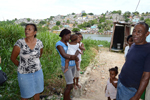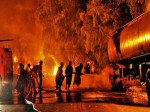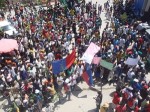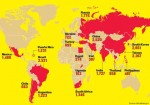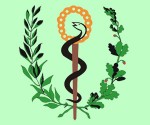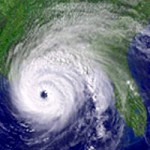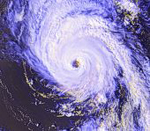Climate Change and Poverty Deadly for Dominicans | Cambio climático y pobreza son nefasto para dominicanos
By Patricia Grogg, IPS. The Dominican Republic (DR) could lose about one fifth of its territory to rising sea levels. In the DR, where over 43 out of every 100 people are poor, and over 16 out of 100 are abjectly poor, 70 percent of the cities are on riverbanks and other waterways that are covered by impoverished urban settlements. (English | Spanish)
Continue reading →
